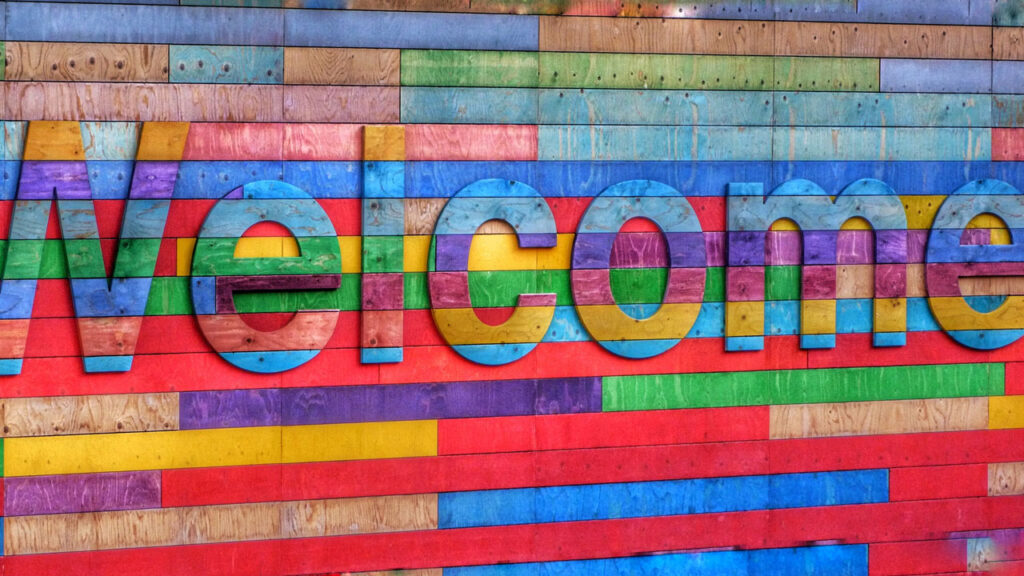Acceptance, Welcome and Understanding
A Reflection from Katie Sterk, Reconciling-in-Christ Team Member
We all know what it’s like to be around people who don’t want you there. It’s a heavy feeling in your stomach as you realize you’re an outsider in the group. Sometimes people can make us feel this way without even knowing the hurt they’re causing. And it cuts the deepest when this hurt happens in places where we should be welcome.
Though I was highly involved in the church and school communities I grew up in, several conversations showed me I wasn’t fully accepted there. I once attended a church youth group gathering where we were meant to discuss whether same-sex couples should be denied certain privileges. Most of those in our group said they supported this. In a philosophy class I took at my Christian college, we explored the concept of tolerance by debating over whether homosexuality was tolerable. My peers didn’t know just how relevant these conversations were to me. I’m bisexual. In both of these situations, I felt a shift inside me as I realized that I would not be accepted if I were to reveal the truth of my identity. The people I spoke with were warm and friendly with me when I appeared straight to them, but the way they talked about queer people made it clear I wasn’t welcome as all of me. These two instances are just the grand marshals of a parade of similar experiences I’ve had. I’ve been in countless conversations where someone has spoken harmful words about queer people not knowing that they’re saying those things about me. Identity is integral to welcome. In order to extend love to someone, that love needs to be capable of reaching to the core of who they are. In the few times where I have shared my identity with others, I’ve received a few different types of reactions. The first person I ever came out to expressed confusion about my bisexuality and what it meant to me. And while I didn’t need them to fully understand, they never made an effort to get to know why it was important to me. I’ve been grateful since then to have friends who, when I’ve come out to them, have said, “Thank you for sharing that with me. I love and support you just as you are.” But the best moments are when I say to someone, “I’m queer,” and they say, “Me too!” When I’ve taken that frightening step to be vulnerable with someone about my identity, it means so much to know that they not only accept me, but understand my experience.
There’s no greater expression of welcome than saying, “Your experience is my experience too.” I hope I can be brave enough to extend this special welcome to others. And when I can’t relate to an aspect of someone’s identity, I hope I can welcome them as they are, saying, “Thank you for sharing who you are with me. I love and support every part of you.”

